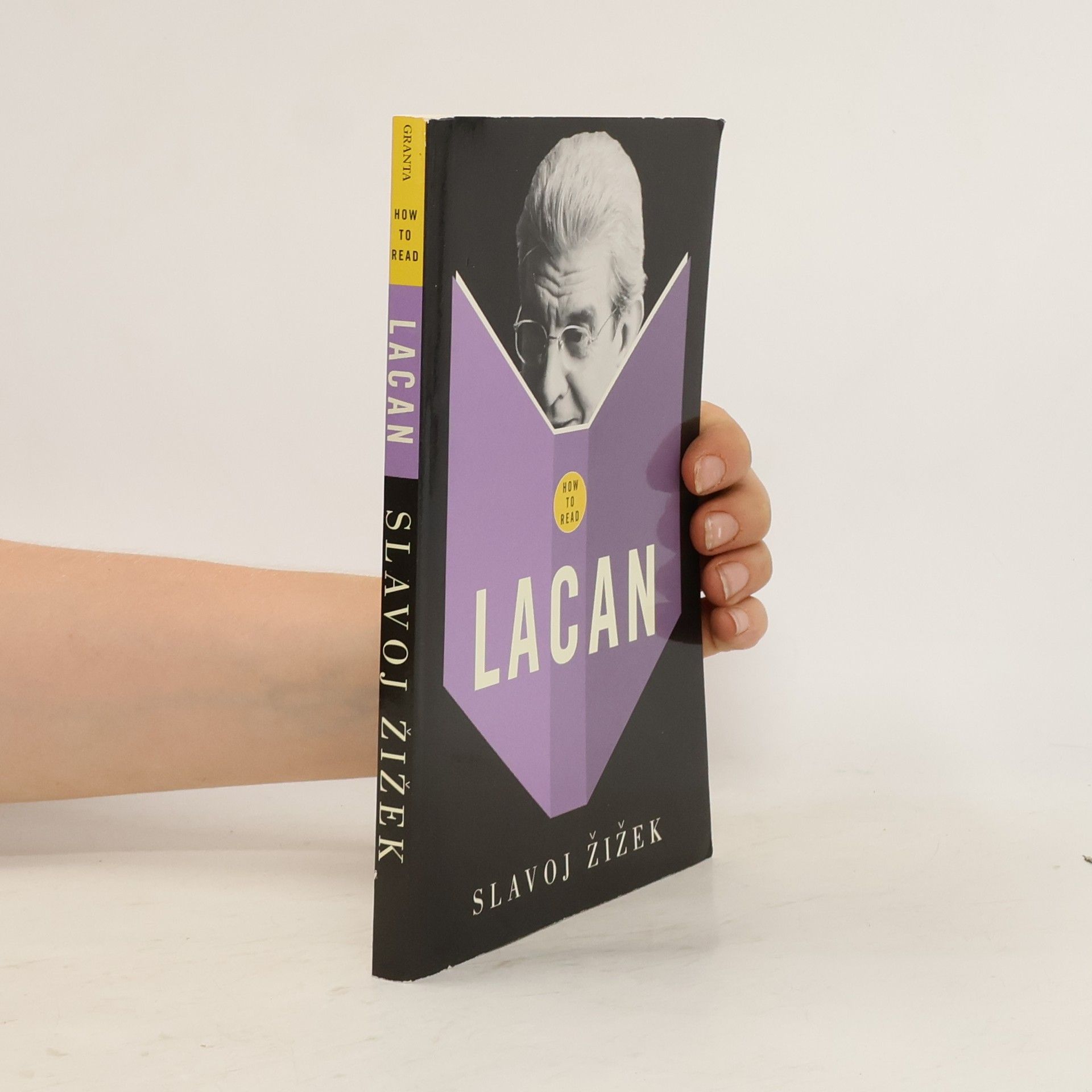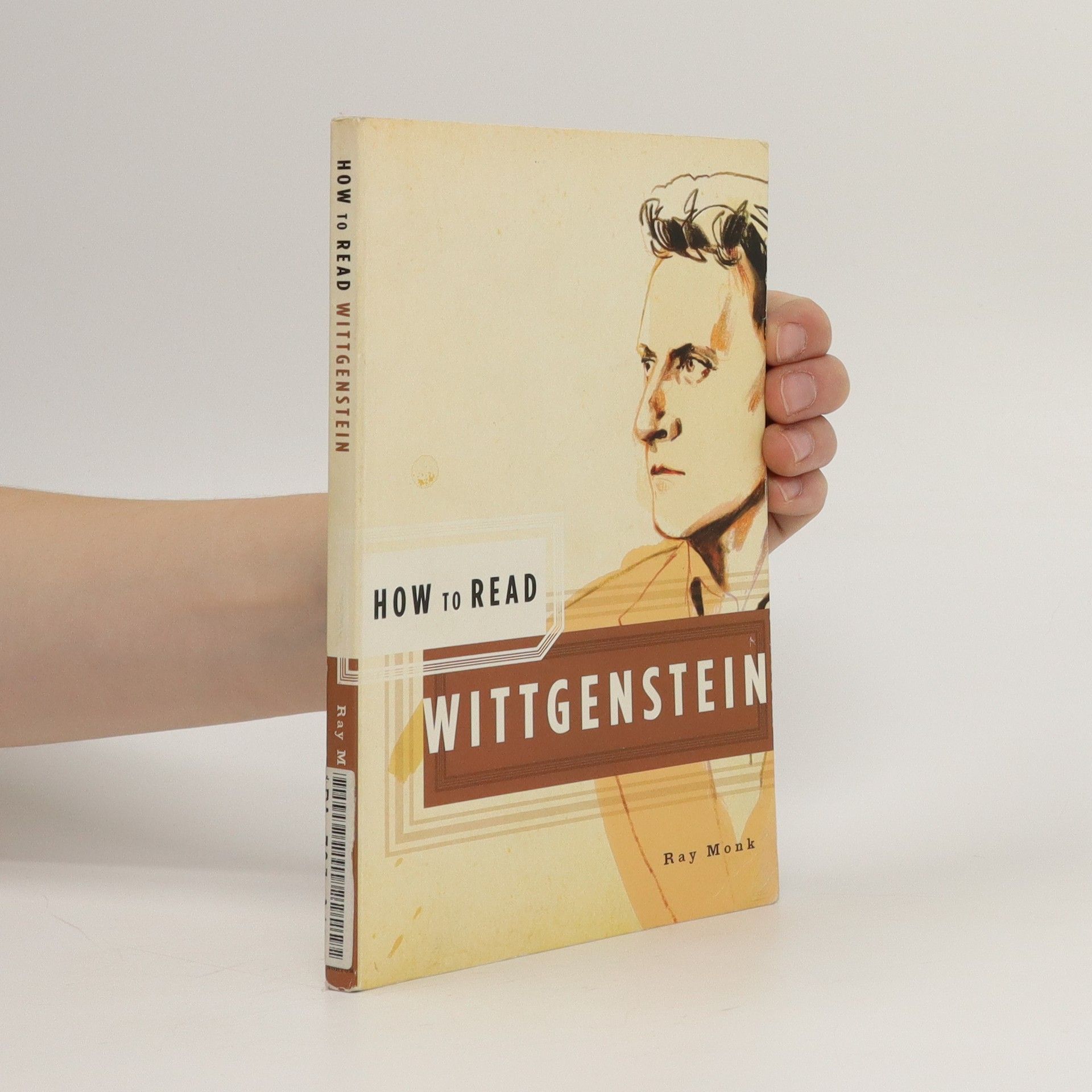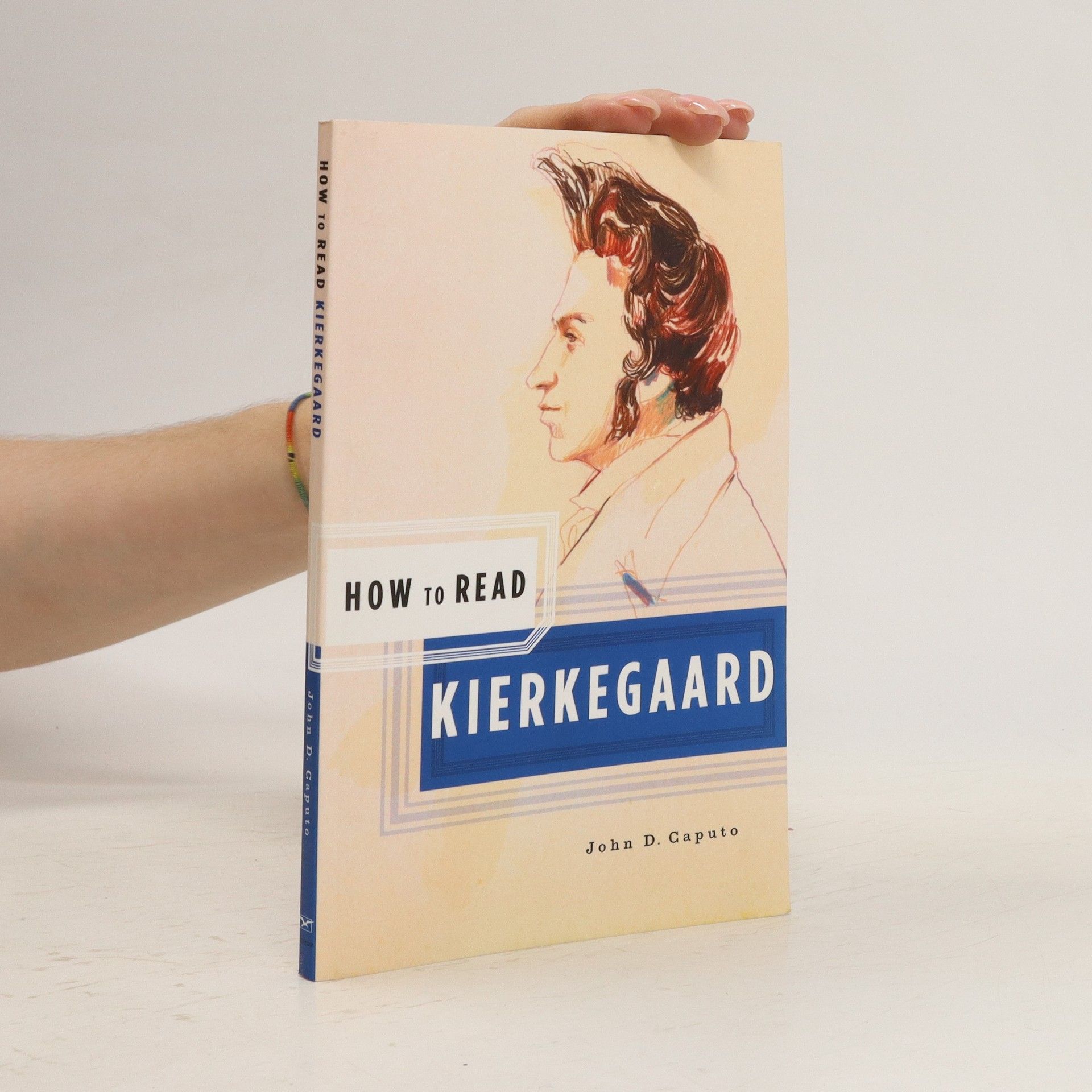'These [How to Read] books let you encounter thinkers eyeball to eyeball by analysing passages from their work' Terry Eagleton, New Statesman
Wie man liest... Reihe
Diese Serie bietet eine faszinierende Reise in die Welt der Kunst und Literatur durch einen lehrreichen und zugänglichen Ansatz. Jeder Band widmet sich spezifischen Werken, Autoren oder Kunstrichtungen und zerlegt sie auf eine Weise, die komplexe Themen verständlich macht. Sie ist ideal für Anfänger sowie für diejenigen, die ihr Wissen vertiefen möchten. Die Serie fördert kritisches Denken und eine tiefere Wertschätzung der Kultur.






Empfohlene Lesereihenfolge
How to Read Lacan
- 132 Seiten
- 5 Lesestunden
Lacan reminds us that psychoanalysis is the only discourse in which you are allowed not to enjoy. Since for Lacan psychoanalysis itself is a procedure of reading, here, each chapter uses a passage from Lacan as a tool to interpret another text from philosophy, art or popular ideology.
David Hume is generally recognized as the United Kingdom's greatest philosopher, as well as a notable historian and essayist, and a central figure of the Enlightenment. This book describes how Hume can be placed as one of the earliest, and most successful, evolutionary psychologists.
How to Read Montaigne
- 112 Seiten
- 4 Lesestunden
Exploring the depths of human thought, this collection features selected passages from Montaigne's renowned "Essais," offering insights into his philosophical inquiries. The book delves into the complexities of the mind, showcasing Montaigne's unique perspective on self-reflection, personal experience, and the nature of knowledge. Through his contemplative style, readers are invited to engage with timeless questions about existence and understanding, making it a profound journey into the art of introspection.
How To Read Aquinas
- 128 Seiten
- 5 Lesestunden
'These [How to Read] books let you encounter thinkers eyeball to eyeball by analysing passages from their work' Terry Eagleton, New Statesman
How To Read The Egyptian Book Of The Dead
- 128 Seiten
- 5 Lesestunden
'These [How to Read] books let you encounter thinkers eyeball to eyeball by analysing passages from their work' Terry Eagleton, New Statesman
How To Read Sartre
- 116 Seiten
- 5 Lesestunden
'These [How to Read] books let you encounter thinkers eyeball to eyeball by analysing passages from their work' Terry Eagleton, New Statesman
"Neil Gregor introduces the reader to the crude but clear system of thought of the most notorius anti-Semite in history. He shows that Hitler's texts convey an implicitly genocidal message - if they do not necessarily announce mass murder as a stated ambition, they certainly contain it as a strong logical possibility." "Analysing the text as a literary as well as a political work, Neil Gregor shows, in particular, how the radical nationalist and racist messages of Hitler's best known work, Mein Kampf, are included not just in the author's own arguments but in the language and generic forms of the book itself."--BOOK JACKET
How to read Wittgenstein
- 114 Seiten
- 4 Lesestunden
This series--a personal master class in reading--presents the work of some of the most influential and challenging writers in history. The volumes present a context and explanation that will facilitate understanding of the text.
How to Read Descartes
- 102 Seiten
- 4 Lesestunden
Revered as the 'father of modern philosophy', Descartes is one of the most influential philosophers of all time, but his ideas are also highly controversial and have been subjected to intense criticism by philosophers. This book examines Descartes' attempt to construct a new basis for scientific understanding.
How to Read Sade
- 130 Seiten
- 5 Lesestunden
Exploring the provocative works of the Marquis de Sade, this book delves into his radical views on human sexuality and the philosophical underpinnings of his thought. It highlights Sade's unique position in the history of modern philosophy, particularly his focus on the body as a central theme. The text includes excerpts from a variety of Sade's writings, such as The 120 Days of Sodom and Philosophy in the Boudoir, illustrating how his ideas reflect the materialism of the eighteenth century while continuing to challenge societal norms.
How to Read Darwin
- 128 Seiten
- 5 Lesestunden
The book delves into Darwin's seminal works, particularly "On the Origin of Species" and "The Descent of Man," while also exploring his lesser-known writings on various topics, including emotions, flower pollination, and animal domestication. By examining these diverse subjects, the author aims to provide a comprehensive understanding of Darwin's contributions to science and his insights into nature's complexities.
How To Read Ancient Philosophy
- 130 Seiten
- 5 Lesestunden
An introduction to the thinkers who laid the basis of all Western philosophy.
Lacan
Eine Einführung
Der Psychoanalytiker Jacques Lacan gilt als ein so einflußreicher wie schwieriger Denker. Der bekannte Kulturkritiker Slavoj Žižek hat sich daher die Aufgabe gestellt, Lacan einem breiteren Publikum zugänglich zu machen. Dies gelingt ihm, indem er die zentralen Begriffe anschaulich und amüsant mit Hilfe von bekannten Hollywood-Filmen erklärt. Eine Zeittafel sowie eine kommentierte Bibliographie zur weiterführenden Lektüre runden den Band ab.
How to Read Kierkegaard
- 128 Seiten
- 5 Lesestunden
Soren Kierkegaard is one of the prophets of the contemporary age, a man whose acute observations on modern European life might have been written yesterday, whose work anticipated fundamental developments in psychoanalysis, philosophy, theology, and the critique of mass culture by more than a century.John D. Caputo offers a compelling account of Kierkegaard as a thinker of particular relevance in our postmodern times, who set off a revolution that counts Martin Heidegger and Jacques Derrida among its heirs. His conceptions of truth as a self-transforming "deed" and his haunting account of the "single individual" seem to have been written especially with us in mind.Extracts include Kierkegaard's classic reading of the story of Abraham and Isaac, the revolutionary theory that truth is subjectivity, and his groundbreaking analysis of modern bourgeois life.
A lucid introduction to the chilling but clear system of thought of the most notorious anti-Semite in history
The 'How to Read' series is an introduction to some of the most influential and challenging writers in history, exploring the minds and philosophies of those who have shaped our intellectual and political landscape.
How To Read Marx
- 136 Seiten
- 5 Lesestunden
'These [How to Read] books let you encounter thinkers eyeball to eyeball by analysing passages from their work' Terry Eagleton, New Statesman
'These [How to Read] books let you encounter thinkers eyeball to eyeball by analysing passages from their work' Terry Eagleton, New Statesman
How to Read Foucault
- 112 Seiten
- 4 Lesestunden
Michel Foucault was a twentieth century philosopher of extraordinary talent, a political activist, social theorist, cultural critic and creative historian. The author explores the conceptual tools that Foucault gave us for constructing forms of thinking as well as for smashing old certainties.
For theatre-goers and curious readers alike, an approachable, richly detailed, and illuminating study of the most celebrated English writer ever to have lived
'These [How to Read] books let you encounter thinkers eyeball to eyeball by analysing passages from their work' Terry Eagleton, New Statesman
"Keith Ansell Pearson introduces the reader to Nietzsche's distinctive philosophical style and to the development of his thought. Through a series of close readings of Nietzsche's aphorisms he illuminates some of his best known but often ill-understood ideas, including eternal recurrence and the superman, and brings to light the challenging nature of Nietzsche's thinking on key topics such as beauty, truth and memory."--BOOK JACKET
Charles Darwin's permanent legacy is his broad, abstract theories of evolution and natural selection, theories which he tested against an array of natural history evidence in his writing.
Niccolo Machiavelli (1459-1527) is one of the influential modern political thinkers. This work shows that Machiavaelli taught instead the best way to attain glory through political action and that his works were inspired by love of republican liberty.
How to Read Jung
- 130 Seiten
- 5 Lesestunden
Jung was the original anti-psychiatrist, who believed that the real patient was not the suffering individual, but a sick and ailing Western civilization. Through a series of readings of Jung's works, this book explores the radical themes at the core of Jung's psychology, and interprets the dynamic vision of the whole self that inspires his work.
An idiosyncratic and highly controversial French philosopher, Jacques Derrida inspired change in many disciplines, including law, literature and anthropology. This text makes approaching Derrida's work less fearsome and gives helpful advice on how to interpret his writings
The Qur'an is regarded by Muslims as the direct word of God, timeless and unchanged. It is used not only for prayer and worship but as a path which can lead the believer to a closer understanding of the essence of their relationship with God. In this thought-provoking, considered study of the scripture of Islam, Mona Siddiqui explores the 'big themes' of prophecy, law, sin and salvation from her dual position as a believer and a scholar.



